Resources
Resources
Stay up to date with the latest news, opinions and free resources from Device Authority.
From company announcements, expert opinion on the latest IoT security issues or helpful guides to support your own organization, use our filters below to find the resources most useful for you.
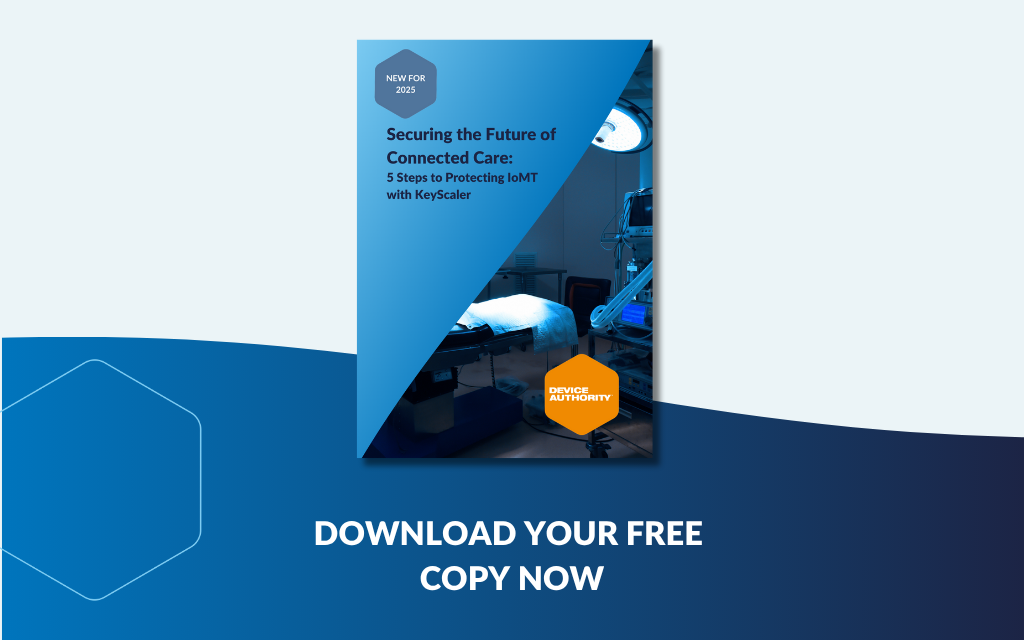
Securing the Future of Connected Care: 5 Steps to Protecting IoMT with KeyScaler
Explore how healthcare organizations are protecting patients and securing connected medical devices with Device Authority’s KeyScaler™ platform. This guide outlines five essential steps to securing the Internet of Medical Things (IoMT), backed by real-world use cases from leading medical technology innovators. Discover how KeyScaler automates device trust, lifecycle management, and compliance across complex healthcare ecosystems, helping you reduce risk, improve efficiency, and build a foundation of security for connected care.
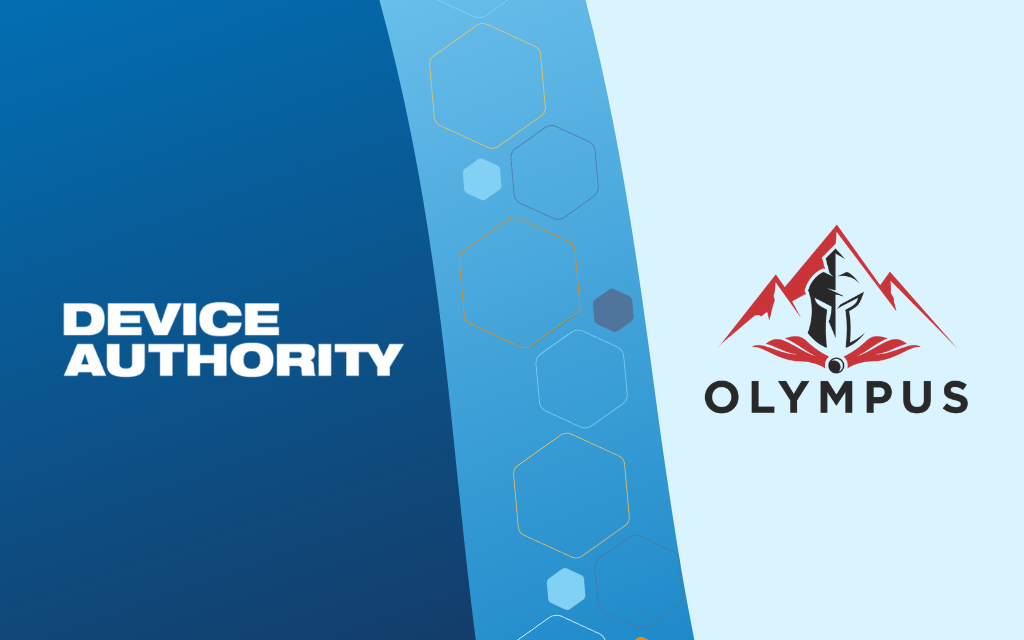
Building Policy-Based Trust Anchors at the Edge
Why device identity during manufacturing and onboarding is the foundation of Zero Trust security
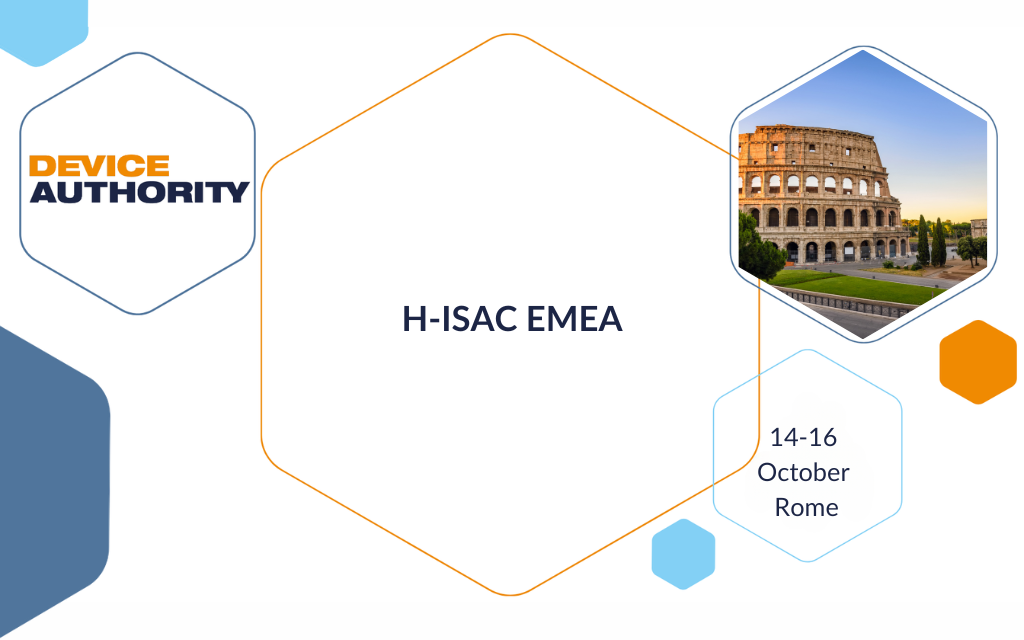
H-ISAC EMEA – 14th -16th October, Rome
Health-ISAC’s mission in Europe is to foster a connected community and forum that centers on the regional cyber and physical threats to the health sector within the European regulatory landscape. Health-ISAC is a founding member of the European Council of ISACs and, through collaboration and awareness, aims to strengthen the physical and cyber security and resilience of critical infrastructure—particularly patient care—in Europe.

Jaguar Land Rover Cyberattack: Why IoT Identity and Access Management is Mission Critical
The recent cyberattack on Jaguar Land Rover (JLR), which forced factory closures and disrupted production, is another reminder of how vulnerable connected industries have become. Modern automotive and manufacturing operations rely on networks of connected devices, from robotic arms on the production line to electronic control units (ECUs) inside vehicles. When security breaks down, the consequences quickly ripple across operations, supply chains, and customers.
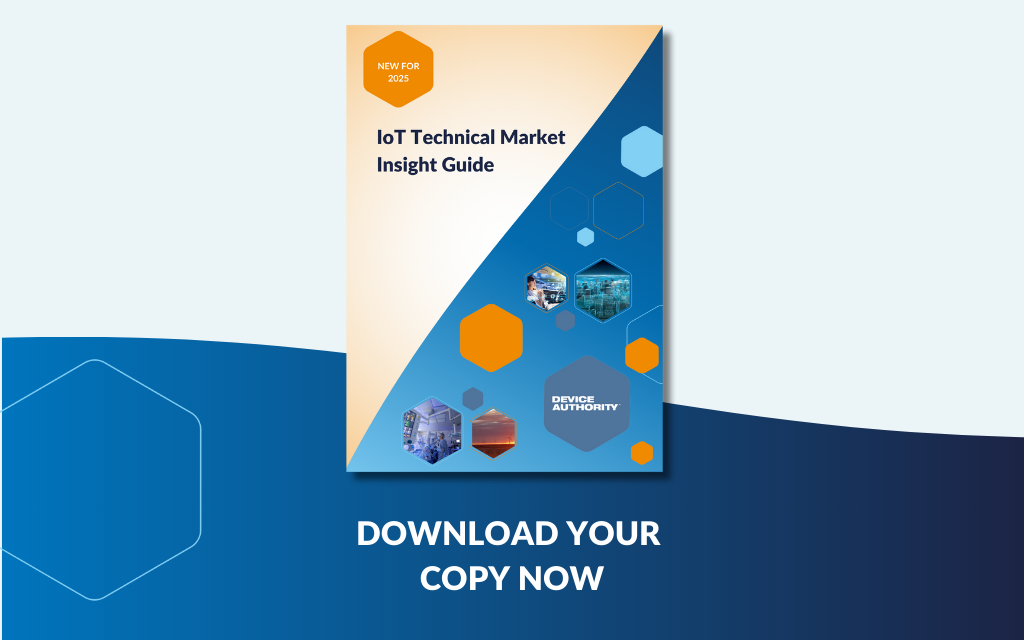
Technical Market Insight Guide
Our new IoT Technical Market Insight Guide 2025 is here. It explores how organizations can tackle the growing challenges of managing human, machine, and IoT identities in a Zero Trust world. The guide dives into KeyScaler’s architecture, core capabilities, and integrations, covering automated device provisioning, PKI for IoT, SBOM-driven threat validation, policy-driven encryption, PAM for IoT, and more. Whether deployed at the edge, on-premises, or via KSaaS, it provides a blueprint for securing IoT at scale with automation and continuous assurance.

Automotive IoT Cybersecurity in 2025: WP.29 and the Global Shift to Secure Connected Vehicles
Why Cybersecurity Is Now Central to Automotive Innovation
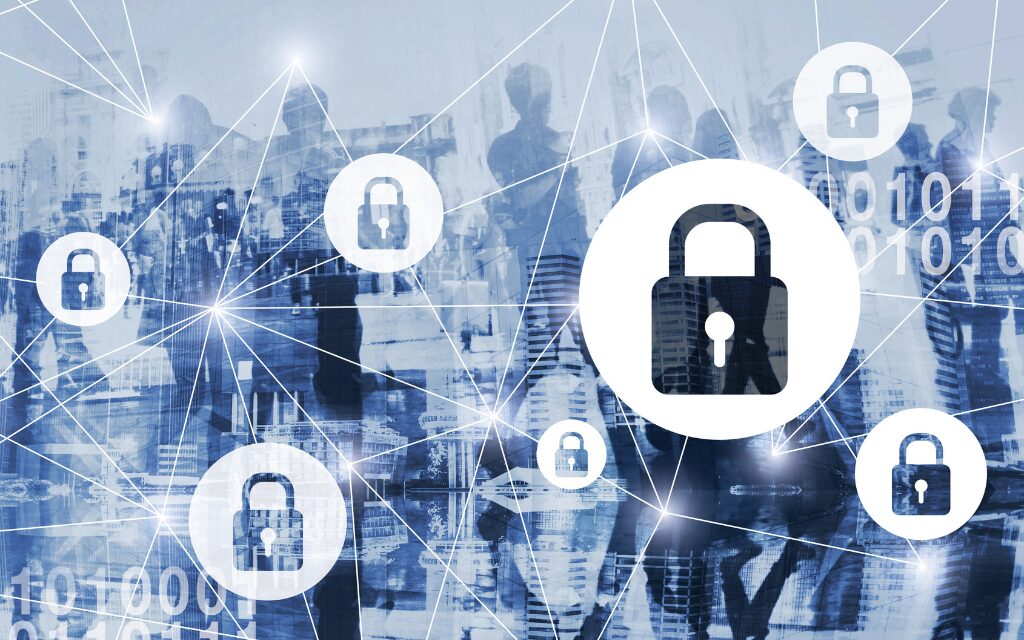
Building Cyber Resilience: Why Machine Identity Automation Is the Future of IoT Security
The Identity Challenge in a Connected World

Edge IoT Security: Securing Devices for Modern Enterprises
The Rise of Edge Computing and IoT

AI in IoT Security: How Machine Learning Prevents Botnet Attacks Like Eleven11Bot
The Rise of AI-Driven Cyber Threats

